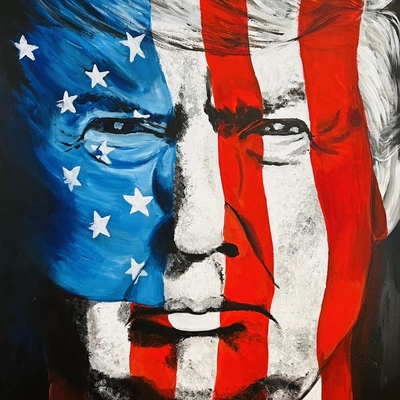Stay informed on the latest Truth Social posts from Donald Trump (@realDonaldTrump) without the doomscrolling. Consider it a public service for your mental health. (Why?)
- Too many non-working holidays in America.
- Non-working holidays are costing our Country $BILLIONS OF DOLLARS.
- Workers do not want non-working holidays.
- America is moving towards having a holiday for every working day.
- This situation must change to MAKE AMERICA GREAT AGAIN!
The post discusses a general domestic economic concern about the cost of holidays but does not propose specific policies, mention specific companies, or introduce immediate catalysts that would directly impact the S&P 500 in the short term. It is a broad opinion, not an actionable market driver.
The post focuses exclusively on a domestic economic issue (the number of holidays) within the United States. There is no mention of international relations, threats, ultimatums, military actions, or any content that could escalate international conflict.
- Commodities: Minimal to no impact. The post does not address energy policy, supply chains, geopolitical tensions, or any factors that would directly affect the price of Oil (WTI) or Gold (XAU). Gold, a safe-haven asset, would not be influenced as no new geopolitical or significant economic uncertainty is introduced.
- Currencies (Forex): Minimal to no impact on the U.S. Dollar Index (DXY). The post is a domestic economic commentary, not a concrete policy proposal or an event that would significantly alter the economic outlook or trigger a 'flight to safety' into the dollar.
- Global Equities: Minimal to no expected sentiment change for European (e.g., STOXX 600) and Asian (e.g., Nikkei) markets. The post is purely domestic in its scope and does not discuss global trade, international economic policies, or specific companies relevant to global markets.
- Bonds (Fixed Income): No 'flight to safety' into U.S. Treasuries is likely, and their yields would remain largely unaffected. The post does not introduce significant economic uncertainty, inflation expectations, or monetary policy shifts that would drive demand for government bonds.

